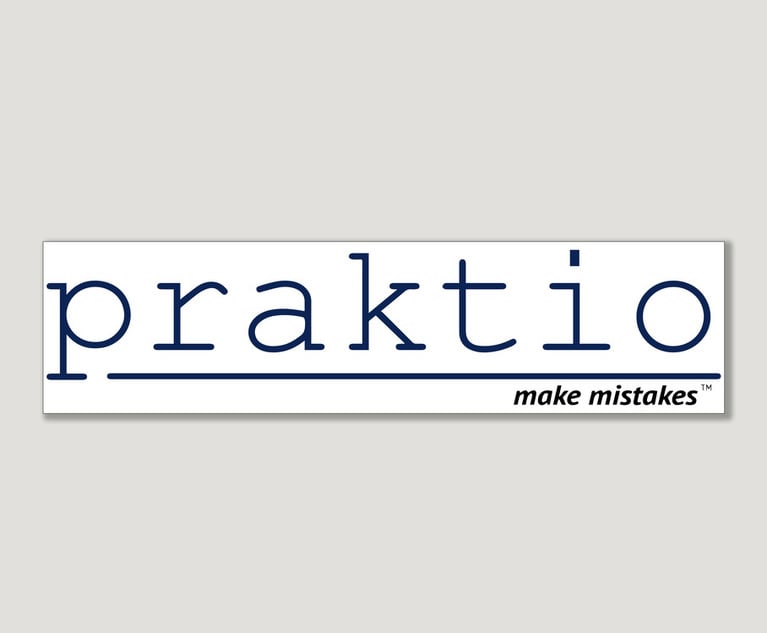Nearly three years since its proposal by the European Commission, the EU Artificial Intelligence (AI) Act was approved by the European Parliament on March 13 “by an overwhelming majority,” making it one of the world’s first comprehensive AI regulations.
The EU AI Act takes a risk-based approach to regulating the technology, laying out different requirements and enforcement mechanisms depending on the level of risk that AI systems may pose to users. Its scope is intentionally broad, not only because of its extraterritorial reach, but also because of how it divides compliance requirements between developers and deployers of AI systems—an approach that some say is unique to the EU regulation.

 AI regulation in the EU. Credit: Created on Dall-E 3, an AI art generator by Cassandre Coyer/ALM
AI regulation in the EU. Credit: Created on Dall-E 3, an AI art generator by Cassandre Coyer/ALM








